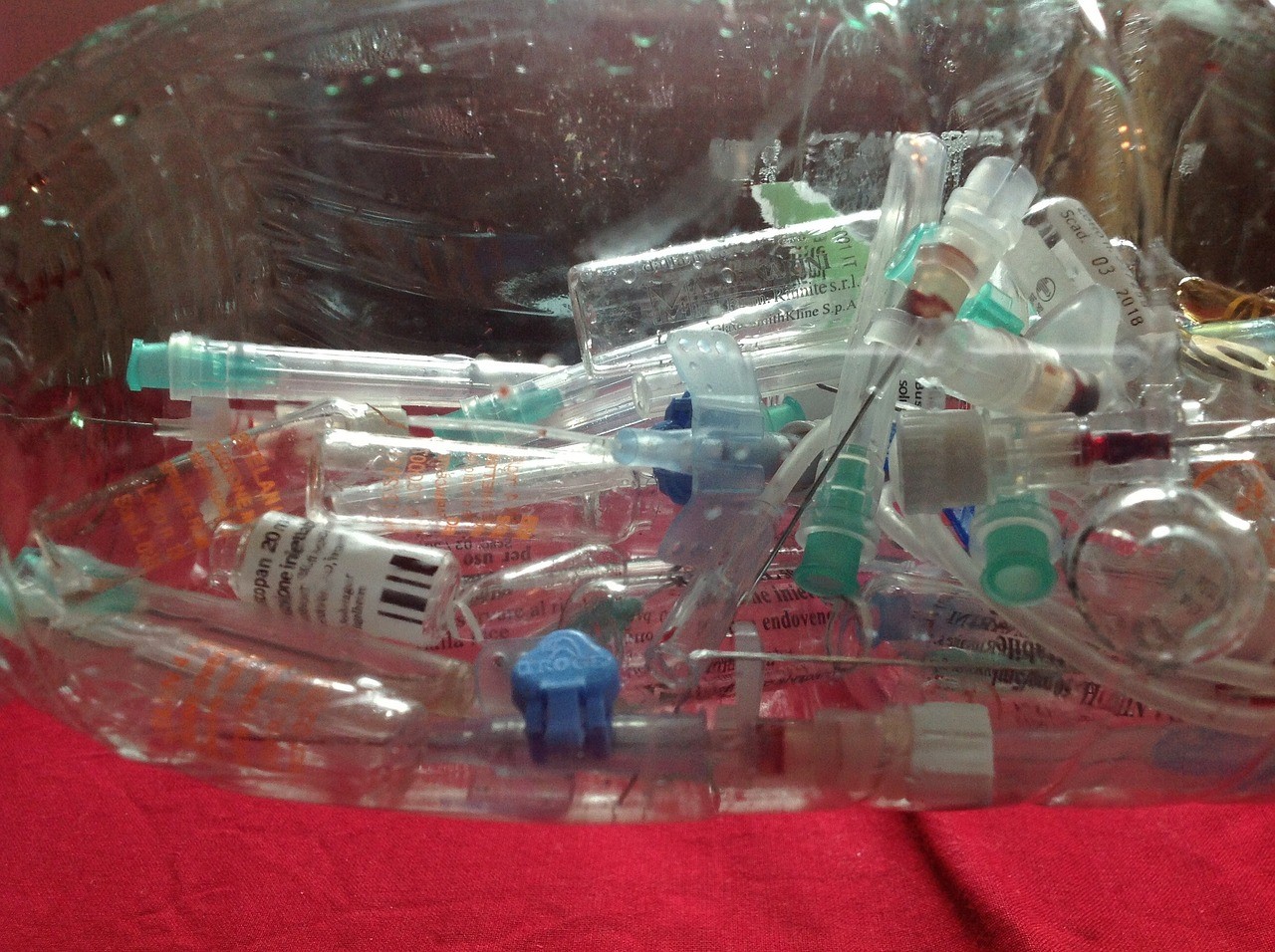Most Common Medical Waste from Hospitals
6/26/2023

The daily operations performed in healthcare facilities produce a lot of medical waste. Proper management of this waste is crucial to ensure that the environment is safe. Here are the common types of medical waste from hospitals.
Infectious Waste
Infectious waste from hospitals contains potential contaminants such as pathogens. Infectious waste includes gloves, bandages, gowns, swabs, cultures, and discarded medical equipment. This type of waste is highly risky and should be handled with extra caution.
Sharps Waste
Sharp waste refers to items that can puncture or cut someone. They include items such as scalpels, lancets, syringes, needles, and broken glass. These can transmit blood-borne diseases such as HIV.
Pharmaceutical Waste
Pharmaceutical waste includes expired and unused medications, drugs, and vaccines. Patient treatment, medical administration, and stock management are the common activities that result in this type of waste.
Chemical Waste
Chemical waste includes various substances such as cleaning agents, disinfectants, solvents, and laboratory chemicals. They can be hazardous when left unattended or when disposed of improperly. Strict handling and storage are encouraged to prevent accidents and exposure.
Pathological Waste
This type of waste includes human tissues, organs, and body parts generated during surgical procedures and autopsies. They can spread disease and should be handled carefully.
Final Thoughts
Managing common medical waste is a crucial part of healthcare to ensure the safety of workers and the public. Implementing appropriate waste management practices will help in mitigating risks, protect public health, and maintain a sustainable healthcare system while also protecting the environment.
